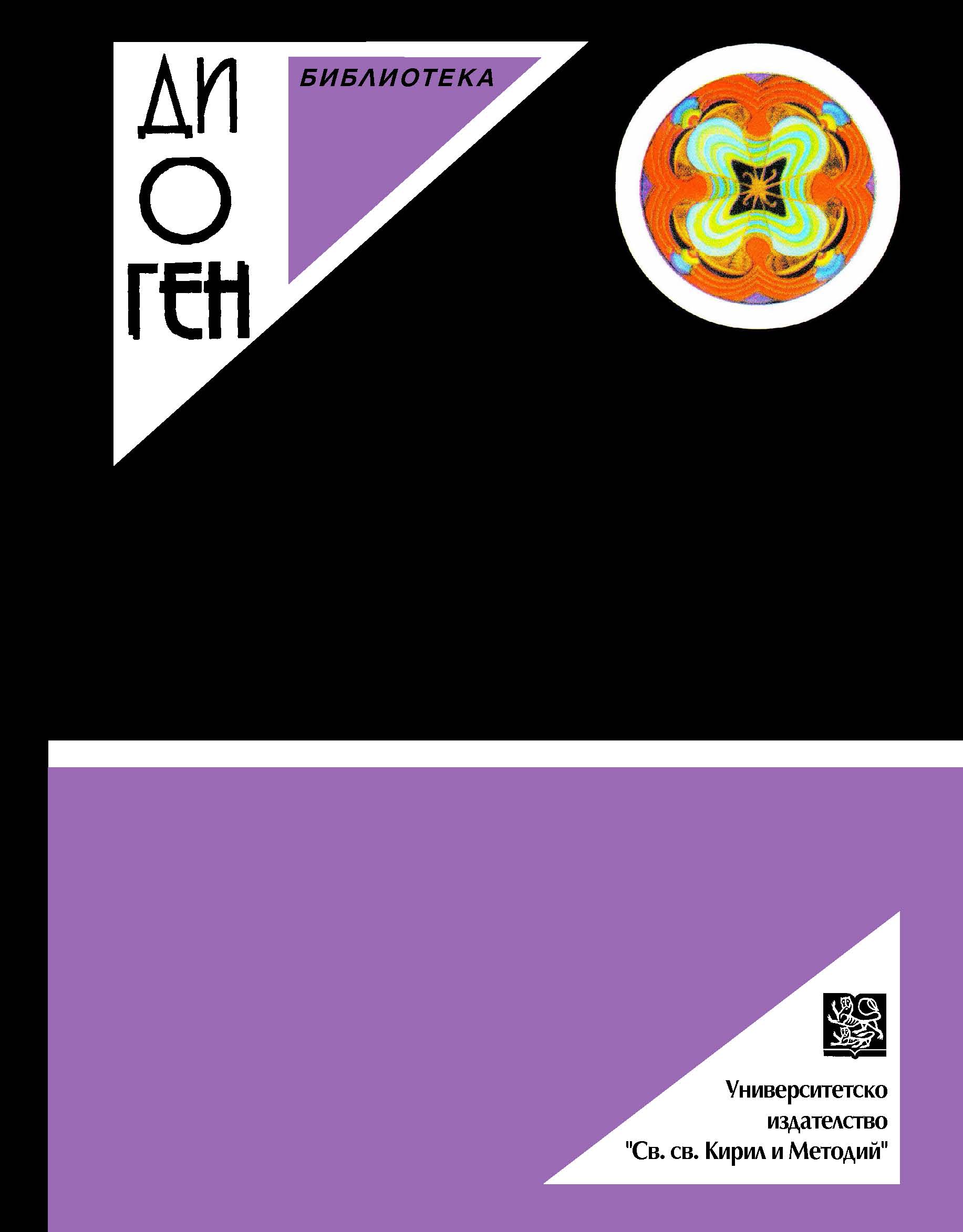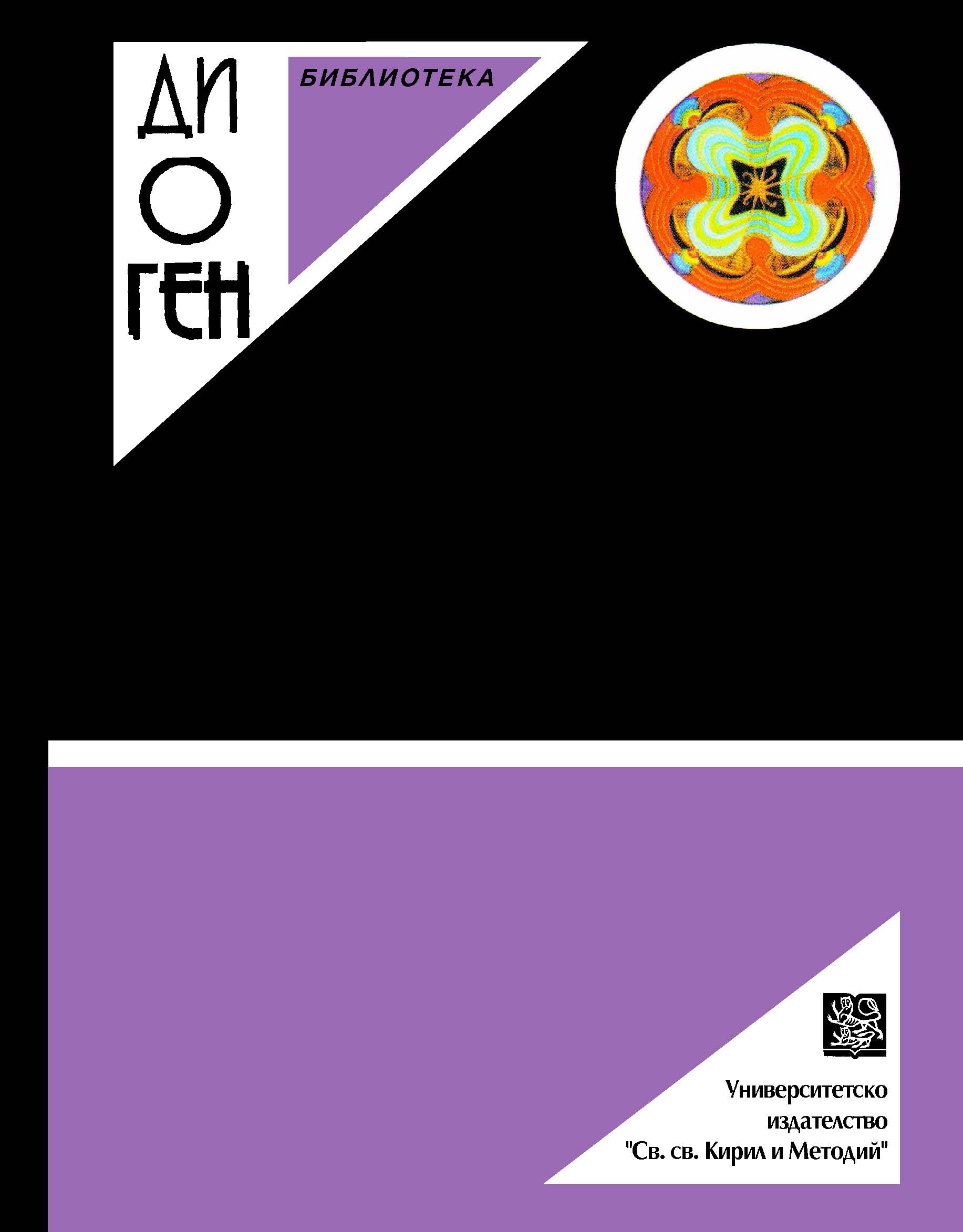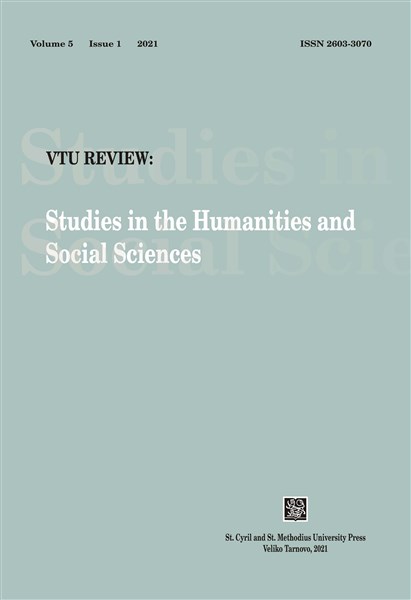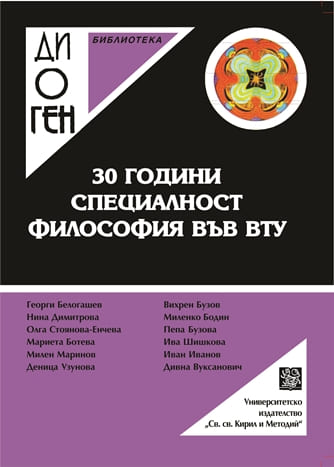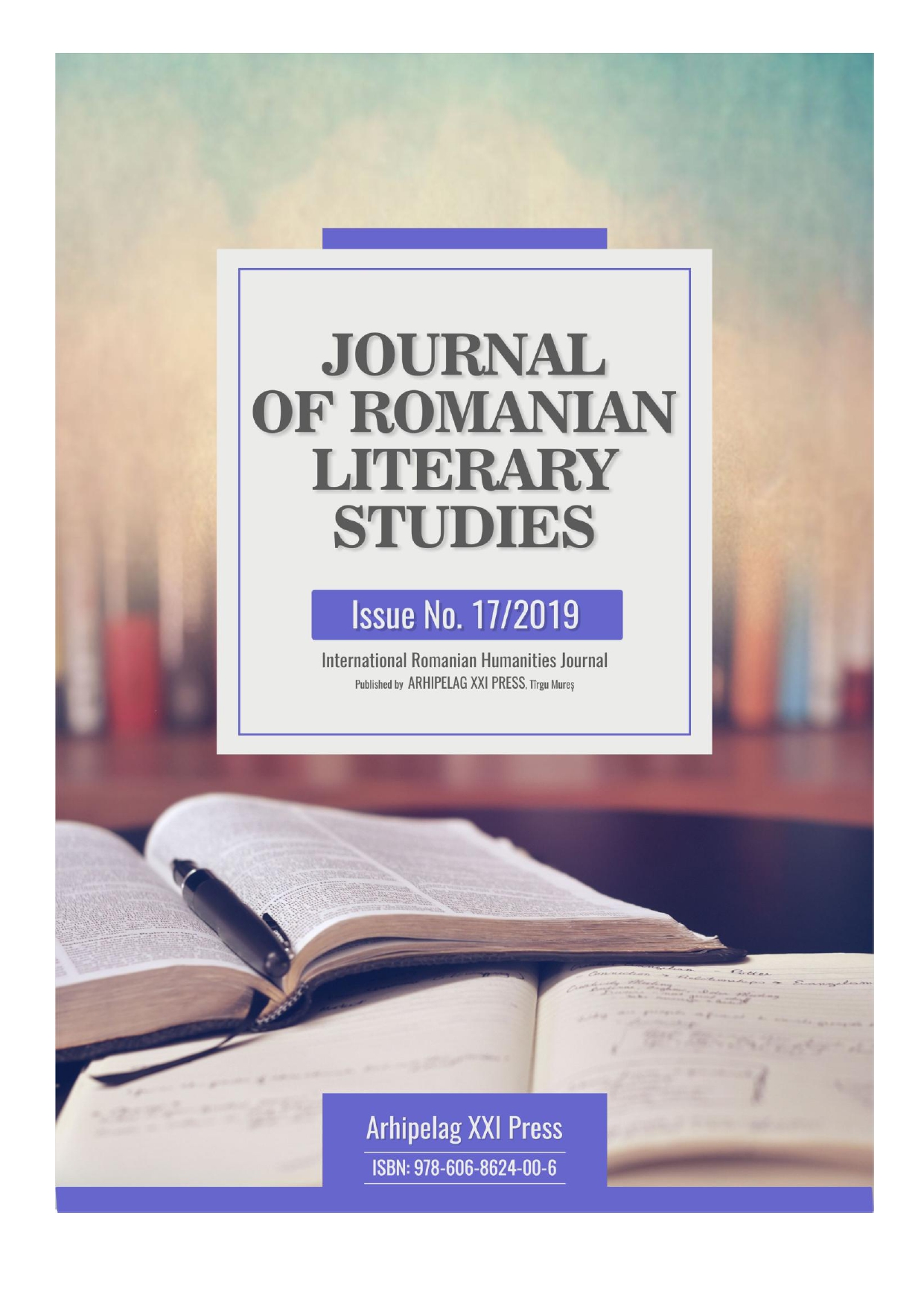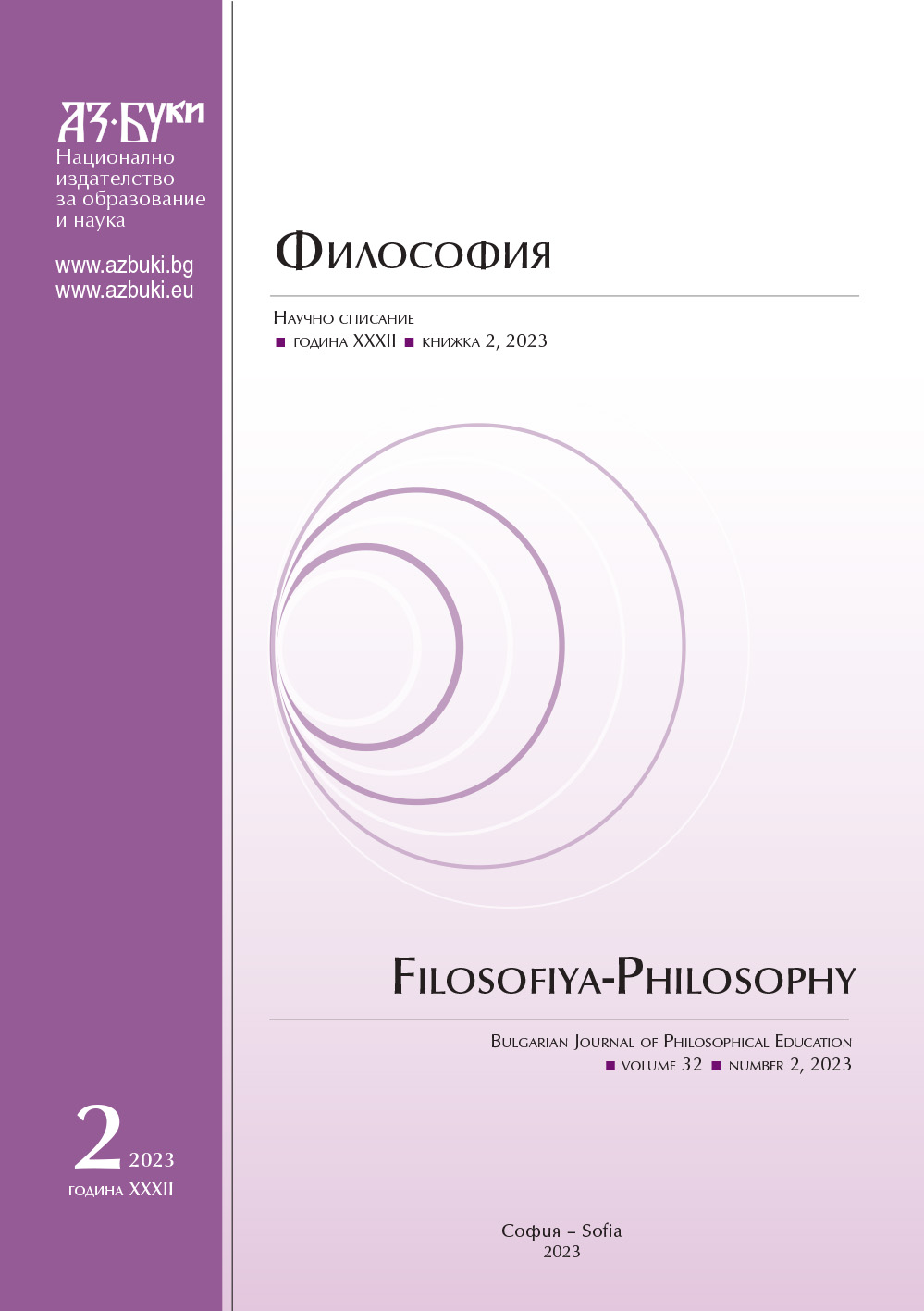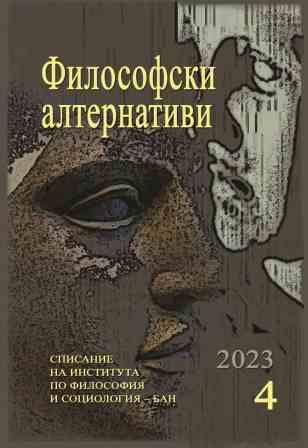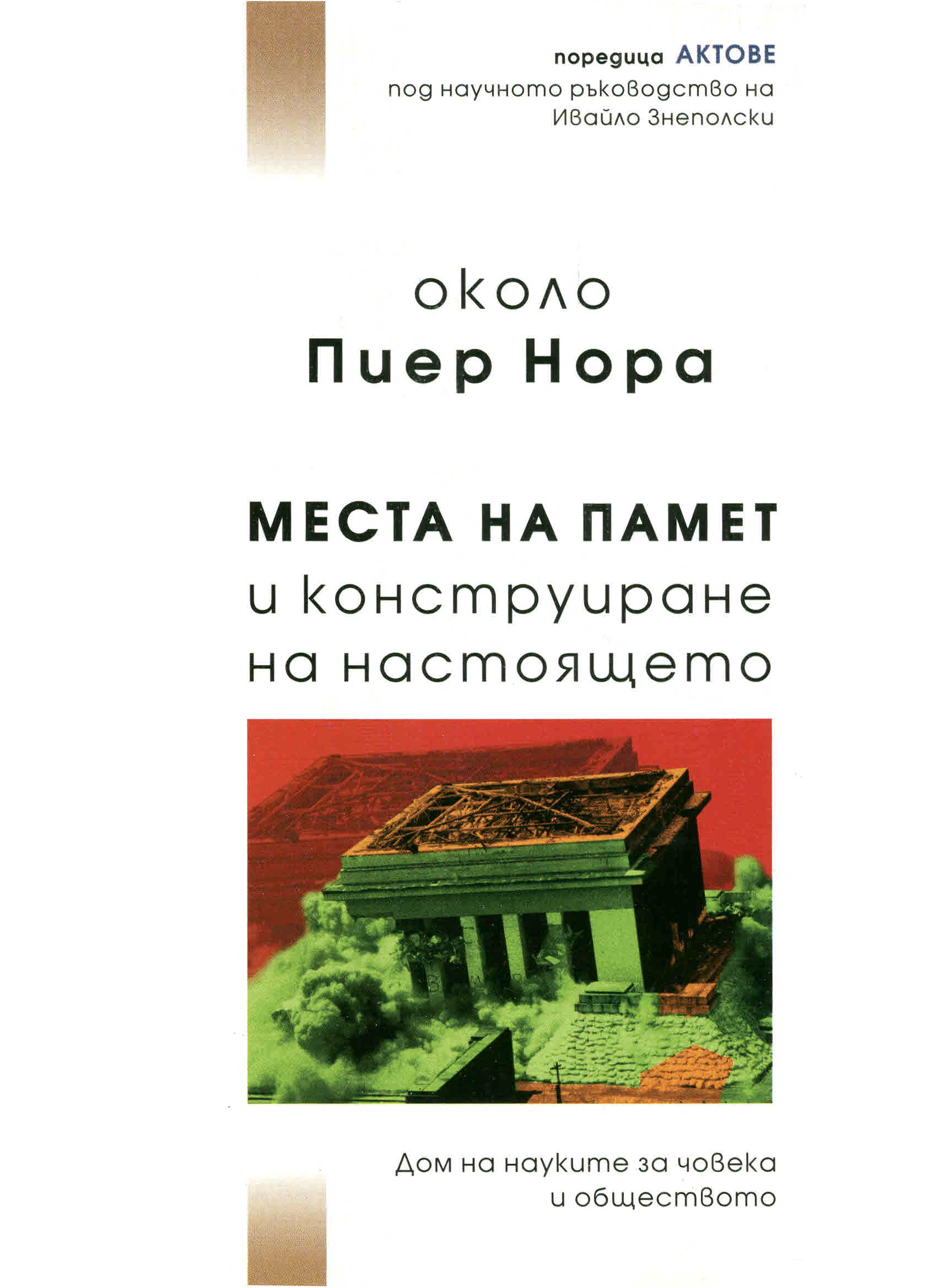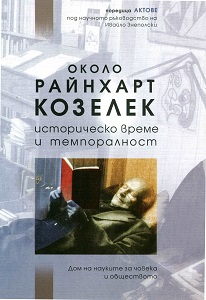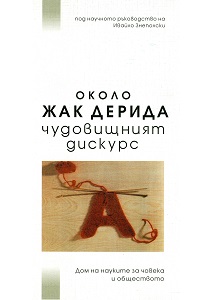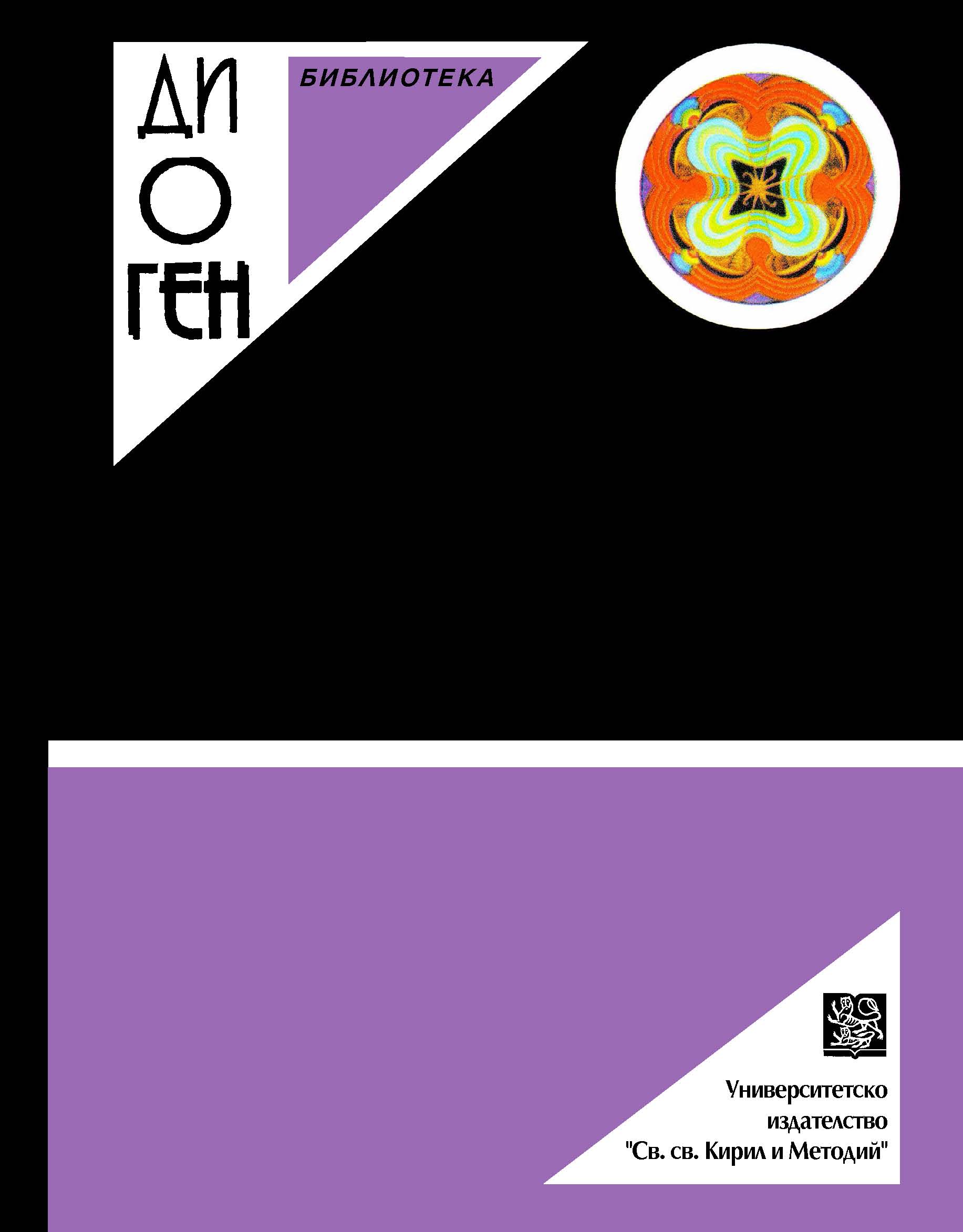
Философското познание в информационната епоха
Since contemporary society of Western civilization is grounded on the pragmatic attitude toward knowledge, the demand for usefulness does not surpass philosophy as well. Social changes in the so called “information age” reignite the old historical question about the value of philosophy, this time in a different cultural context. The article challenges the common vision of philosophical work as purely intellectual and explores two main aspects of the practical implications of philosophical knowledge in modern day. The first aspect is the epistemic value of criticism in the information-overloaded environment of contemporary life. The second is the role of philosophy as a guardian of free thinking and the spiritual autonomy of public consciousness, provided by the constant moral awareness and farseeing of the practicing philosophers.
More...
